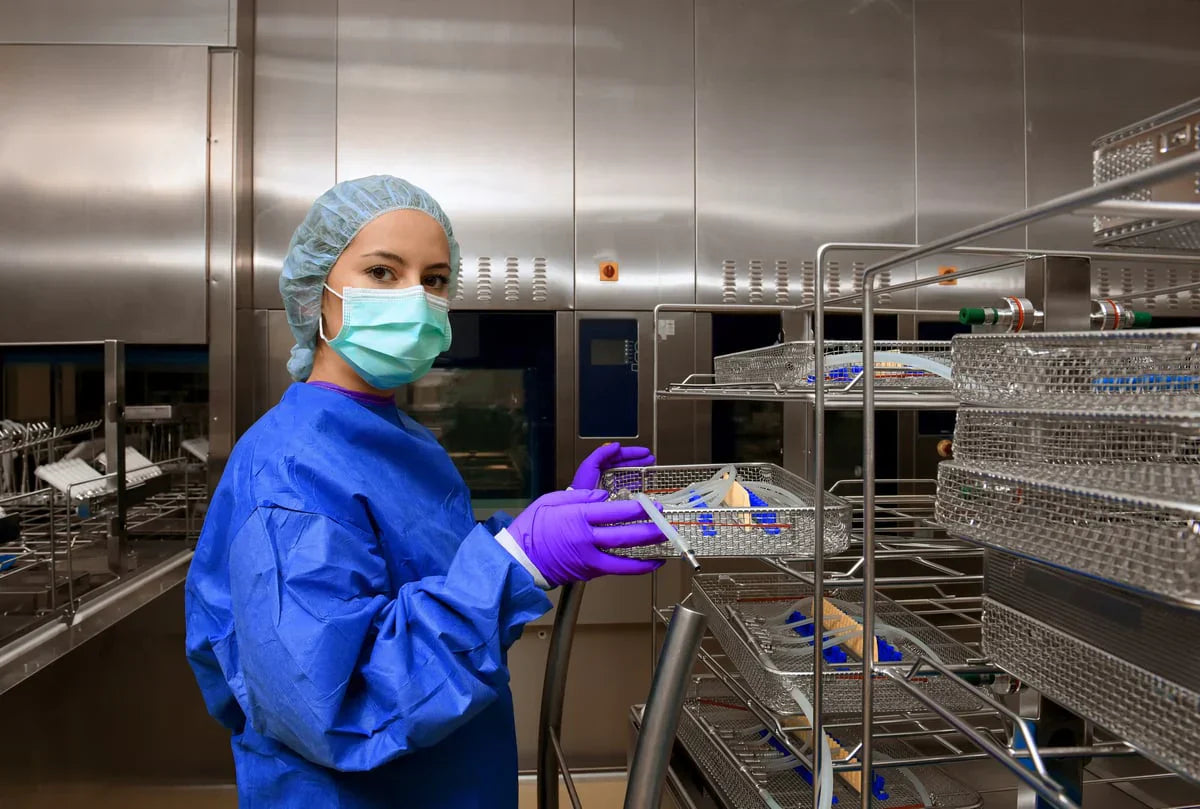
New Water Quality Standards for Medical Device Processing
In 2023, healthcare facilities saw a shift from advisory best practices in water quality for medical device processing to enforceable standards with the release of AAMI ST108:2023. This new standar...
Read more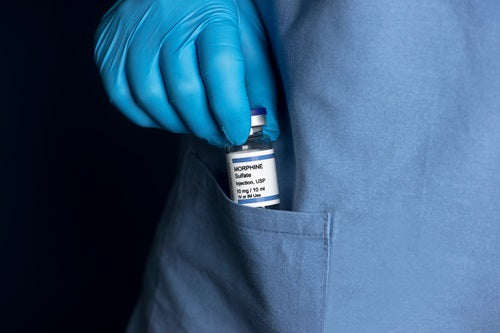
Drug Diversion and Infection Prevention: When the Needle Hits the Vein
Longtime infection prevention leaders likely remember the story of David Kwiatkowski—a healthcare worker whose drug diversion activities put thousands of patients at risk of hepatitis C infection. ...
Read more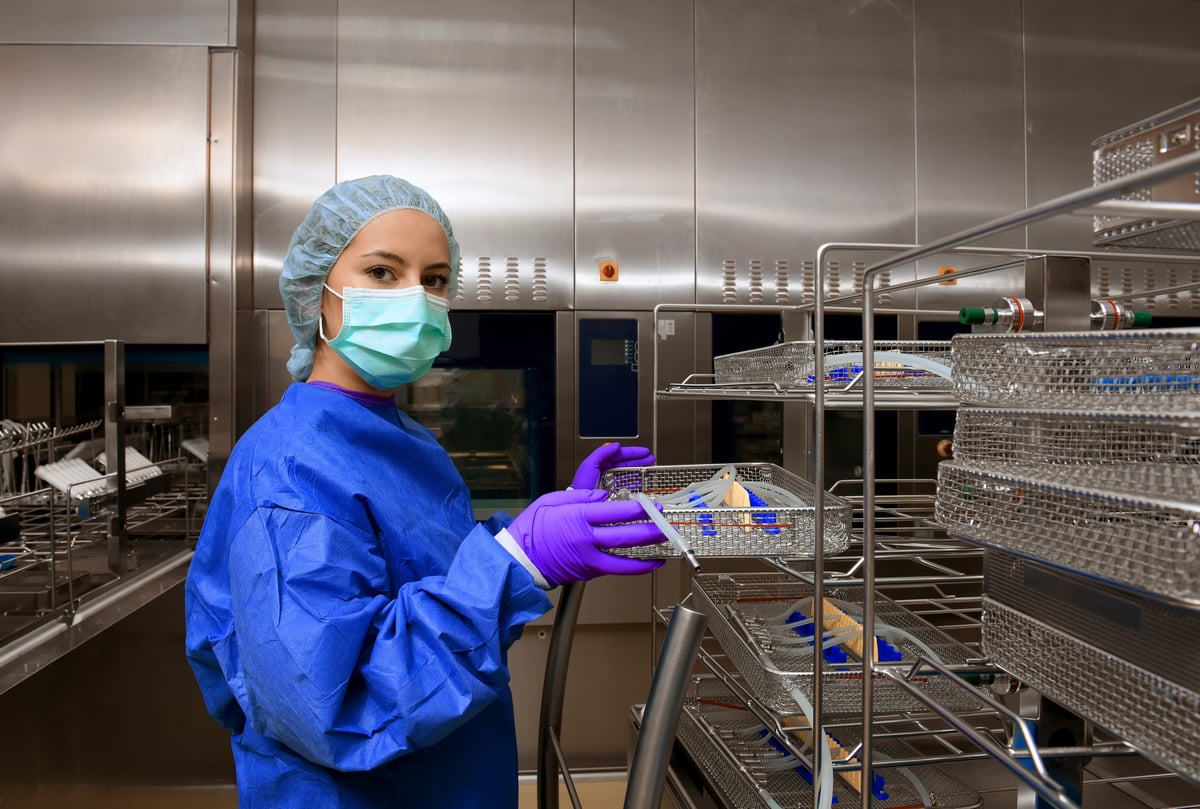
What Hospitals Need to Know: Using Water During Processing of Medical Devices
Every day, hospitals’ central sterile processing teams rely on water as they clean and sterilize a variety of medical devices. In this blog, ECRI outlines general considerations to support safe and...
Read more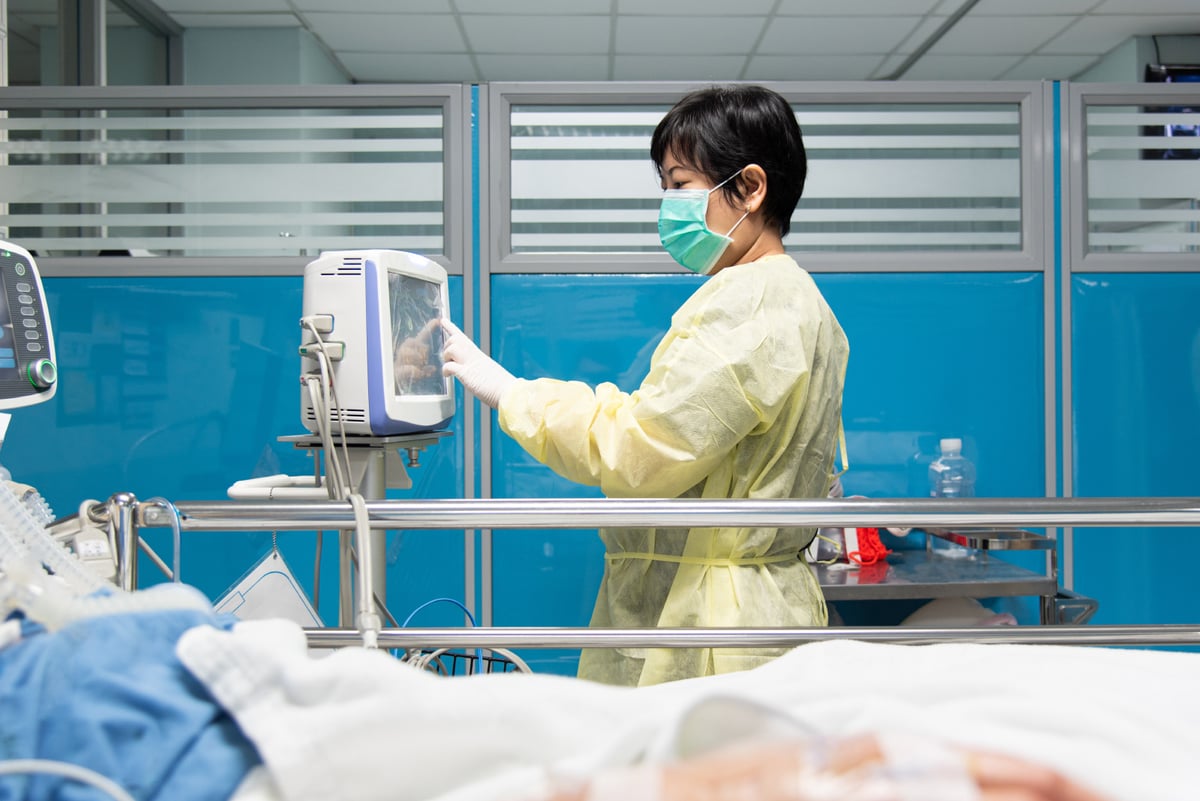
The Insidious Dangers of Disposable Isolation Gowns—and How to Address Them
Isolation gowns are a longstanding infection control tool across hospital settings. These garments are intended to safeguard patients and clinicians by preventing the spread of disease-causing micr...
Read more
Could Natural Language Processing Help Close Gaps in Infection Prevention and Patient Safety Events?
Natural language processing (NLP) is an increasingly ubiquitous form of artificial intelligence (AI). Best described as where computer science meets linguistics, it uses computational linguistics a...
Read more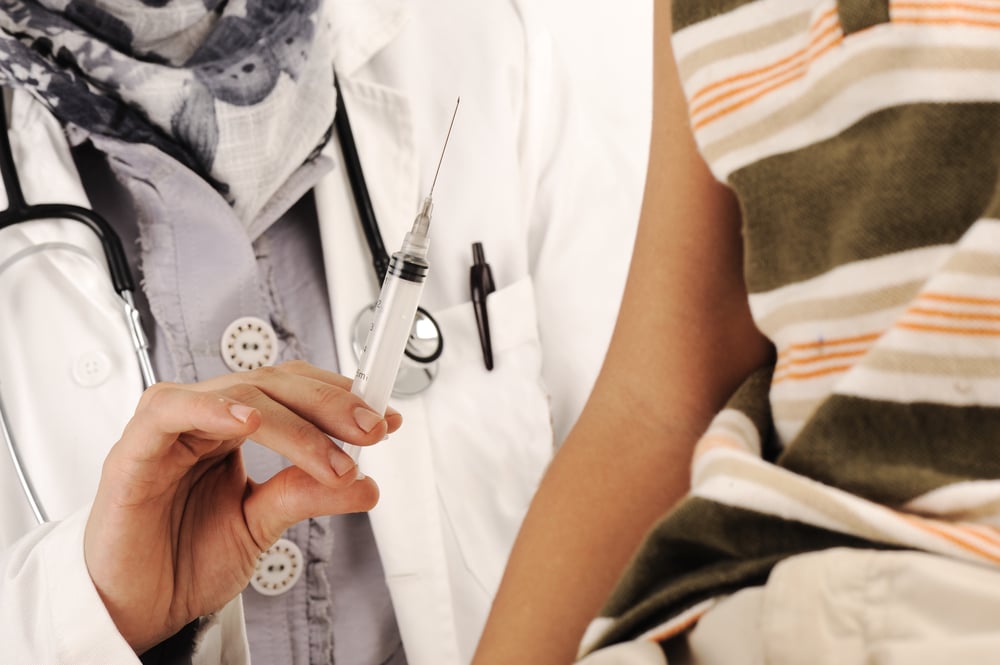
How To: Safe Administration of Vaccines
Vaccinations are an important tool for building immunity to prevent illness, disability, and death resulting from infectious diseases. According to the Centers for Disease Control and Preve...
Read more
Candida Auris Cases Are on the Rise. How Can Infection Prevention Respond?
Candida auris (C. auris)—an emerging fungus considered an urgent antimicrobial resistance (AR) threat—is on the rise in the United States. According to Centers for Disease Control and Preve...
Read more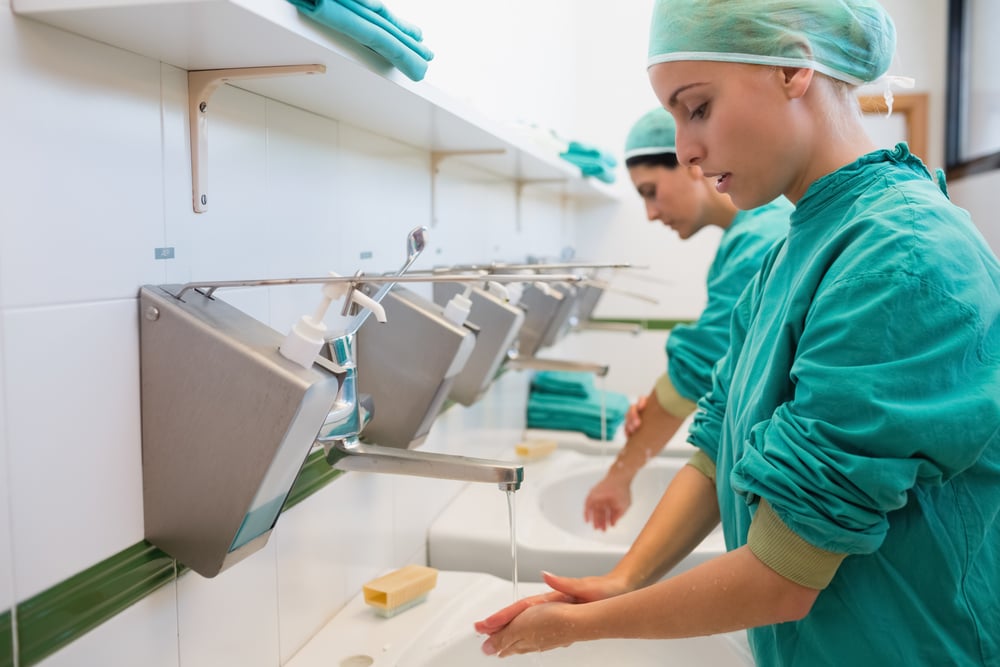
Hand Hygiene: Fundamentals to Prevent HAIs
Proper hand hygiene by healthcare workers is considered to be one of the most important practices for preventing healthcare-associated infections (HAIs) (CDC "Guideline for Hand Hygiene"). ...
Read more
